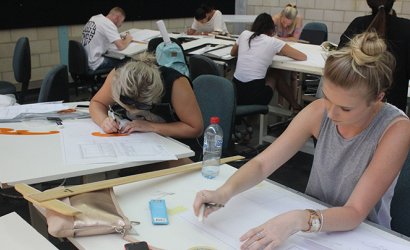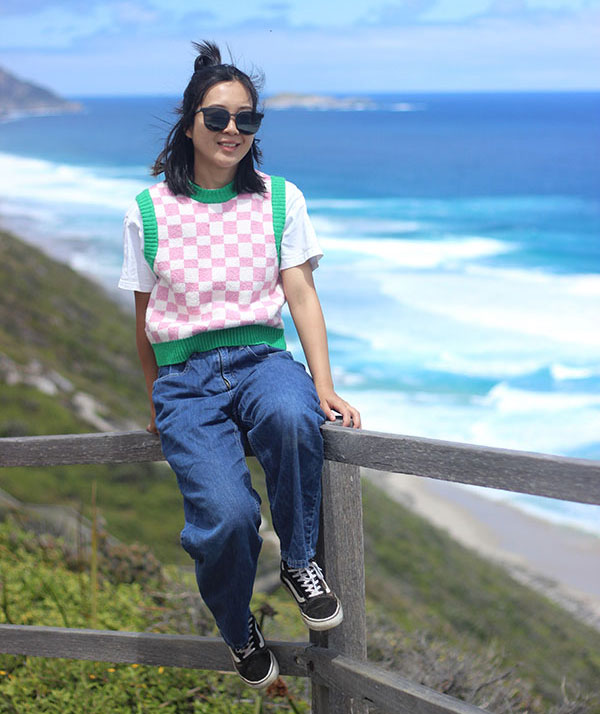

Why choose this course?
Whether you dream of launching your own clothing brand or becoming an expert in fashion product development, this programme gives you the skills to turn your creativity into a successful career.
Designed for international students, the course offers clear instruction and hands-on learning to help you grow in both confidence and ability.
You’ll begin by building strong technical skills while exploring your creative vision. Through studio practice and design theory, you’ll learn the essential tools used by today’s top fashion professionals.
As the fashion world changes quickly, you’ll also study trend forecasting and textile research—learning how to spot new styles, colours, and cultural influences before they hit the market.
From your first sketch to your final collection, you’ll develop your abilities in illustration, design, and collection planning. By the end of the course, you’ll create a complete, market-ready collection that reflects your personal style and creative identity.
You’ll also gain experience with digital tools used in modern fashion studios, including digital pattern making, CAD grading, and 3D virtual sampling—skills that are in high demand across the global fashion industry.
You’ll learn how to design with purpose by using eco-friendly materials and responsible production methods. This focus on ethical fashion will help you become a designer who leads with both creativity and care for the planet.
Career opportunities
- Garment Technologist
- Junior Designer
- Patternmaker
When choosing a course, it's important to think about the key skills and knowledge you'll need, as well as how you'll be assessed. Take a look at this information and consider if you might face any challenges in meeting the course expectations and requirements.
- ability to strictly follow workplace safety standards
- an eye for detail and a creative flair
- good hand-eye coordination
- good time management and the ability to work with tight deadlines
- good communication skills
-
An IELTS score (academic) of 6.0 with no band score less than 5.0 or equivalent.
-
Completion of MST31022 Certificate III in Apparel, Fashion and Textiles is required for entry into this course.
There may be further semester intakes available for enrolment. You can view any further intakes when you submit your online application(opens in a new tab).
For information about pathways from TAFE to university, view our Pathways to university page.
How to apply
Apply to study at TAFE in six steps:
- find a course;
- check entry requirements;
- submit an application;
- accept your offer and pay;
- apply for your student visa; and
- receive your visa and come to Australia for your studies.
TIWA Course Guide
A guide to studying at TAFE in Western Australia, including study options, facilities and campus locations!
Download study area guide(opens in a new tab)
Contact us(opens in a new tab)
TAFE International Western Australia (TIWA) is the Registered Training Organisation (RTO) and Commonwealth Register of Institutions and Courses for Overseas Students (CRICOS) provider, for the delivery of training to international students, enrolled in a TAFE course in Western Australia. This nationally recognised course is delivered by a Western Australian TAFE college on TIWA's behalf. TIWA retains responsibility for the quality of the training and assessment delivered by the TAFE colleges and for the issue of certification documentation to students.


